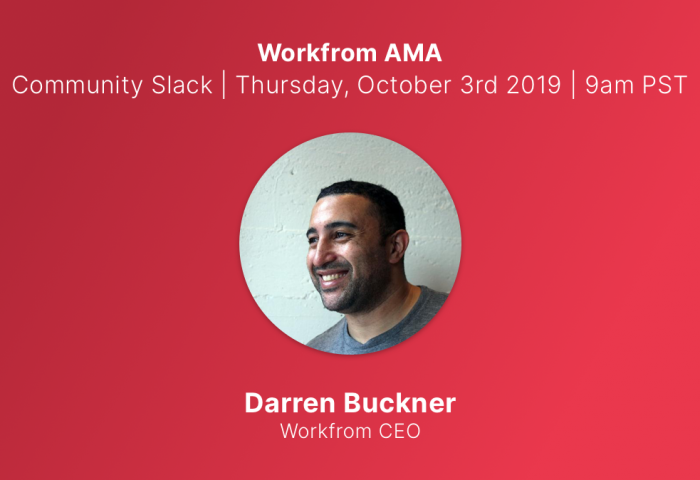Barcelona, Spain. Canggu, Bali. Chiang Mai, Thailand — just a few of the tempting destinations The Remote Experience offers digital nomads as part of their “workcation” offering.
We spoke with the company about how their own remote experience inspires the adventures they craft for clients.
How many employees and contractors do you have?
2-4
Please tell us about the importance of location independence at your company.
Research indicates that happier workers are the ones that are most productive in a team. A happy worker is one that surrounds themselves with sights and people that encourage them, motivate them, and fulfill them. By encouraging our team to work remotely, we are encouraging them to find an environment that enables self-growth, personal satisfaction, and long-term fulfillment.
Did you start with the intention of having a distributed or nomadic team? If not, when did you decide to support people working remotely?
Our team was founded under the notion of being distributed and nomadic.
What are some of the challenges you face as a team without a central location or office?
Coordinating important meetings can be difficult when the team is dispersed across different timezones.
What’s the upside that comes with not having a central location or office?
The notion that work can be done literally anywhere at anytime. The stress of needing an office to complete our daily tasks is no longer a worry.
Are there important non-office workspaces in the history of building your company—a favorite coffee shop, bar or similar space?
The Starbucks in downtown Gainesville was home to many all-day, all-week sessions for our team in the beginning. Cheap coffee (if you’re not drinking the fancy stuff), reliable Wifi, and relatively comfortable seats made this our go-to spot.
What % of your company regularly works remotely?
100%
Any advice or best practices for supporting the work styles of your teammates from a distance?
Understand how each team member works effectively. Learn the balance between effective meetings and independent work.
What types of places do your teammates choose to work from when remote?
Coffee shops and co-working offices.
What qualities do you look for when hiring for a distributed team?
Flexibility, adaptability, and reliability.
You’ve created a program that facilitates location independence for remote professionals. Why did you choose to do that?
More often than not, at least in the US, professionals rarely travel. There’s limited vacation time, holidays generally interrupt whatever vacation time there is, and there’s a constant competition that makes it harder to take time off.
We want to bridge the gap between work and travel and enable more professionals to work where they feel most at home. Our remote team facilitates other professionals to make their career location independent so that these professionals can work happily.
What are your thoughts on Workfrom’s role in the way work is getting done—now and in the future?
We believe that Workfrom is a great asset to anyone in search of a reliable space to complete their work. Not only are they helping those that already complete their work remotely, but we believe that their product is also encouraging professionals that otherwise would be working at home to make their job location independent.
Is there anything else you’d like to share?
Happiness is the key to a productive team. By empowering people to manage their own schedules and lives, they’re given the flexibility to surround themselves with the people and places that inspire them, encourage them, and motivate them.


Responses